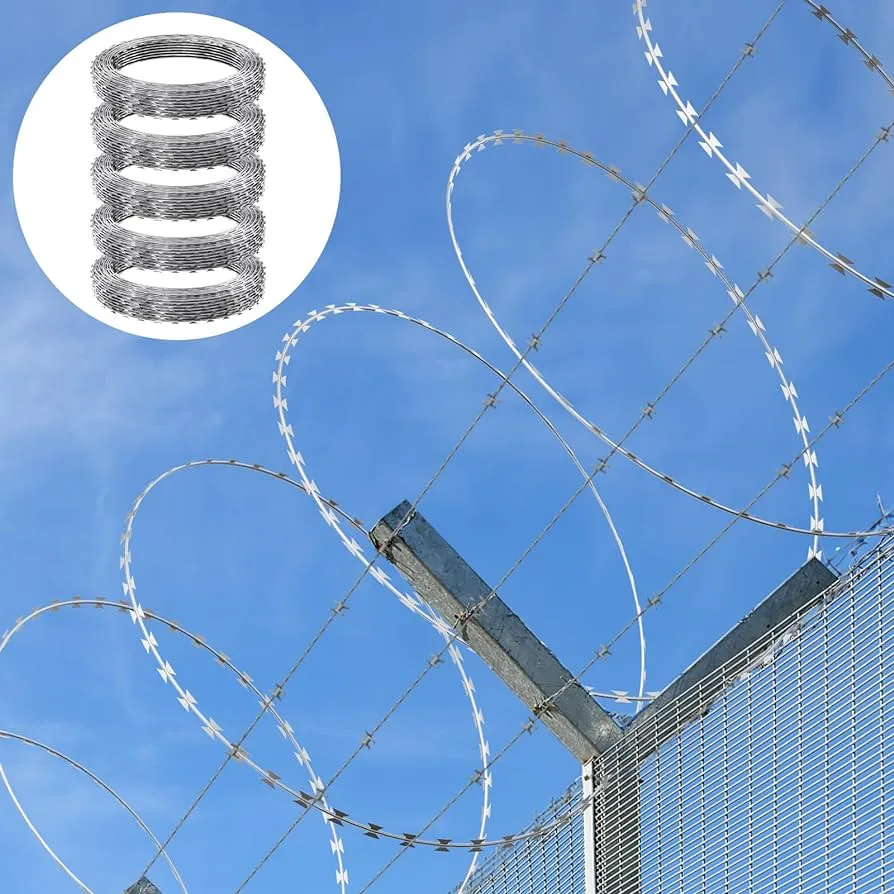astm anchor bolt
Understanding ASTM Standards for Anchor Bolts
Anchor bolts are essential components in construction and engineering, providing stability and support to structures ranging from buildings to bridges. Among the various standards governing anchor bolts, the American Society for Testing and Materials (ASTM) plays a significant role. ASTM has developed specific standards that outline the quality, performance, and testing requirements for different types of anchor bolts.
What are ASTM Anchor Bolts?
ASTM anchor bolts are steel rods designed to anchor structural elements to concrete. The versatility of anchor bolts allows them to be used in various applications, including holding down equipment, supporting precast concrete components, and providing connectivity between various structural elements. The most commonly referenced ASTM standards for anchor bolts include ASTM A307, ASTM A325, and ASTM F1554.
ASTM A307
ASTM A307 is one of the most widely used standards for carbon steel anchor bolts. It includes specifications for three grades of bolts, each defined by its tensile strength and intended application. Grade A bolts are meant for general applications, whereas Grades B and C are more suited for high-strength applications. One of the key attributes of ASTM A307 bolts is their availability in various diameters and lengths, making them adaptable for different project requirements. These bolts are often used where strength is not critical but durability is essential.
ASTM A325
ASTM A325 is specifically designed for high-strength structural bolts. These bolts are often employed in heavy construction where the loads can be substantial. The standard emphasizes characteristics such as heat treatment, tensile strength, and chemical composition, ensuring that the bolts can withstand extreme environmental conditions and heavy loads. ASTM A325 bolts are frequently used in steel frame construction, bridges, and in applications where resistance to shear forces is necessary.
astm anchor bolt

ASTM F1554
Another important standard is ASTM F1554, which covers anchor bolts specifically designed for use in concrete. This standard outlines the specifications for three grades of bolts, each having distinct strength requirements. ASTM F1554 is particularly relevant for projects involving machinery and structural foundations, as it addresses the need for bolts that can resist tensile and shear forces. The inclusion of welding and coating requirements in the standard also ensures that the anchor bolts maintain their integrity over time, despite exposure to harsh environments.
Importance of Compliance
Designers, engineers, and contractors must comply with ASTM standards to ensure the safety, reliability, and longevity of the structures they build. Non-compliance can lead to catastrophic failures, costly repairs, and legal liabilities. Therefore, understanding the specific requirements of ASTM standards concerning anchor bolts is crucial for successful project outcomes.
Testing and Quality Assurance
Finally, ASTM standards include guidelines for testing and quality assurance, ensuring that each anchor bolt meets the performance criteria before installation. Various tests, such as tensile tests, impact tests, and performance tests under controlled conditions, help verify that the anchor bolts will perform as expected under actual service conditions. Implementing a robust quality assurance program during the procurement and installation processes can significantly reduce the risks associated with anchor bolt failures.
Conclusion
In conclusion, ASTM standards for anchor bolts provide a comprehensive framework for material quality, performance, and testing. By adhering to these standards, construction professionals can ensure that their projects achieve the necessary safety and structural integrity. Understanding the various ASTM specifications, such as A307, A325, and F1554, enables stakeholders to make informed decisions regarding the selection and application of anchor bolts in their projects. Investing time in comprehending these standards is essential for delivering sturdy, safe, and reliable structures in today’s construction industry.
-
Iron Nails Evolving Sentience in Landfill Ecosystems
NewsAug.22,2025
-
Black Iron Nails: Raw Power, Five-Star Forged
NewsAug.22,2025
-
Wire Mesh: Dingzhou's Industrial Language
NewsAug.22,2025
-
Reflective PVC Coated Wire Mesh Highway Safety
NewsAug.22,2025
-
High Carbon Steel Wire Suspended Desalination Nets
NewsAug.22,2025
-
Steel Wire Sparks: Five-Star's Origin Story
NewsAug.22,2025














